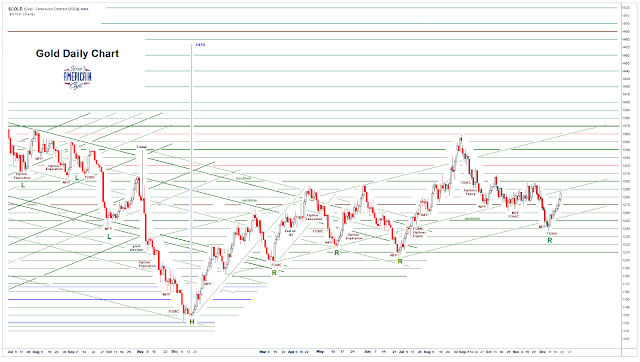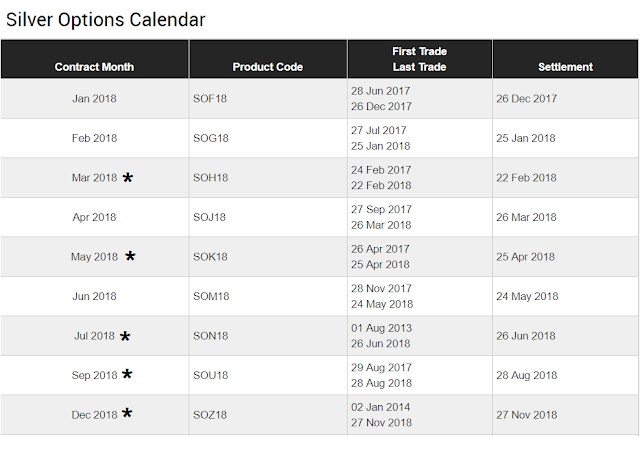"While everyone enjoys an economic party the long-term costs of a bubble to the economy and society are potentially great. They include a reduction in the long-term saving rate, a seemingly random distribution of wealth, and the diversion of financial human capital into the acquisition of wealth.
As in the United States in the late 1920s and Japan in the late 1980s, the case for a central bank ultimately to burst that bubble becomes overwhelming. I think it is far better that we do so while the bubble still resembles surface froth and before the bubble carries the economy to stratospheric heights. Whenever we do it, it is going to be painful, however.”
Larry Lindsey, Federal Reserve Governor, September 24, 1996 FOMC Minutes
“I recognise that there is a stock market bubble problem at this point, and I agree with Governor Lindsey that this is a problem that we should keep an eye on....We do have the possibility of raising major concerns by increasing margin requirements. I guarantee that if you want to get rid of the bubble, whatever it is, that will do it.”
Alan Greenspan, September 24, 1996 FOMC Minutes
"Where a bubble becomes so large as to pose a threat the entire economic system, the central bank may appropriately decide to use monetary policy to counteract a bubble, notwithstanding the effects that monetary tightening might have elsewhere in the economy.
But how do we know when irrational exuberance has unduly escalated asset values, which then become subject to unexpected and prolonged contractions as they have in Japan over the past decade? And how do we factor that assessment into monetary policy? We as central bankers need not be concerned if a collapsing financial asset bubble does not threaten to impair the real economy, its production, jobs, and price stability."
Alan Greenspan, December 5, 1996, Speech to the American Enterprise Institute
"It was incredible. It was distressing to me how simple and outrageous it was. It wasn't so complicated that you said, "Wow, at least they're smart in the way they're doing it." It was simple. It was brazen. The evidence of it was overwhelming. It's just that it hadn't been revealed to the public, and that's why could get away with it...
Over the past decade we've wanted to deregulate, and we've said, "Let's get government out of the business of looking at these issues, and permit industry to control itself, because we can trust them." Maybe that's been a very good thing in some ways.
One of the things that is eminently clear from our investigation is that all the compliance departments, all the self-regulation is nothing. They watched it, but they did nothing. So we've got to think this through, and it's not only the financial community. There are a lot of sectors where we have said self-regulation is the answer. We've got to think about it."
Eliot Spitzer, The Wall Street Fix, March 16, 2003
This is the same Larry Lindsey who was fired by G. W. Bush as his economic advisor for stating that the Iraq War could cost as much as 200 Billion dollars when Rumsfeld estimated less than 50 billion.
And of course this is the same Alan Greenspan who, after a personal visit from Treasury Secretary Robert Rubin, decided that maybe the stock market was not so exuberant after all, and let les bon temps rouler into the dot com bubble and bust.
Who can know why these bubbles happen? Who can see them coming? As Upton Sinclair noted, It is difficult to get a man to understand something, when his salary depends on his not understanding it.
And as for Spitzer, he was the target of a Federal investigation into the activities of a single high priced call girl, and was exposed for having sex with her. And so he was publicly disgraced and taken out of play, as a professional courtesy to the Banks. And a fine example to other would be reformers he was.
Neil Barofsky puts our current dilemma quite succinctly in this 2012 interview below.
"I was trained to be a government employee and to take my oath of office very seriously. But I wasn't really interested in their reindeer games. And I felt a real obligation and sense of duty to fulfill the oath that I took in Secretary Paulson's office on December 15th, 2008 to do the job that I was sent down there to do. But I wasn't really tempted with a big job on Wall Street. And frankly, if it meant getting a judgeship, compromising the job that I needed to do and was supposed to do, it just wasn't interesting to me.
When I had my incident with the assistant secretary that my deputy, who had come down from-- who's another former federal prosecutor, who did narcotics work, said to me, Kevin Puvalowski. And he said to me, 'Neil, you were just offered the bullet or the bribe, the gold or the lead.'
And what he was referring to was a society just like that, which was Colombia, back in the day when Pablo Escobar and the drug kingpins really controlled society. And what he was referring to is that basically to corrupt society Escobar would go to a magistrate or a police officer, police chief, a politician, and say, "You have two choices. You can either take this giant pile of money and do my bidding. Or you can get the lead, a bullet in your head."
And Kevin was joking that I just received the Washington white collar equivalent of the gold or the lead. And it was funny, at the time, but that's kind of what happens in a society where the rewards and incentives are, again, nobody's getting shot in the head thank goodness. But it's a breakdown of the system.
And in some ways, it creates this false illusion that there are people out there looking out for the interest of taxpayers, the checks and balances that are built into the system are operational, when in fact they're not. And what you're going to see and what we are seeing is it'll be a breakdown of those governmental institutions. And you'll see governments that continue to have policies that feed the interests of -- and I don't want to get clichéd, but the one percent or the .1 percent -- to the detriment of everyone else.
Neil Barofsky in a 2012 interview with Bill Moyers
And once again the public institutions of justice are under assault because they are inconvenient to the oligarchs and their courtiers. And the pundit class and the media go along for the ride, because as so many professionals they are inclined to follow the money flowing into their pockets.
And the corruption slowly infects all. But those who stand firm to the end, who hold true to their oaths, will be saved.
Sounds corny, doesn't it? Not us, we are exceptional— different. What a fool believes. As Brother Andrew asked, "I am a fool for Christ. Whose fool are you?"
Know whom you serve, for you will be theirs in God's economy.







































